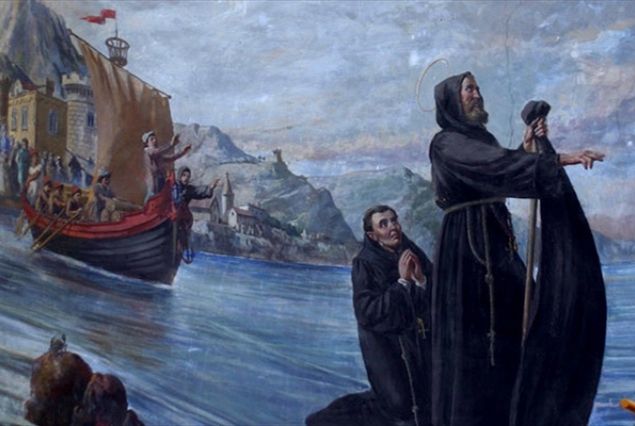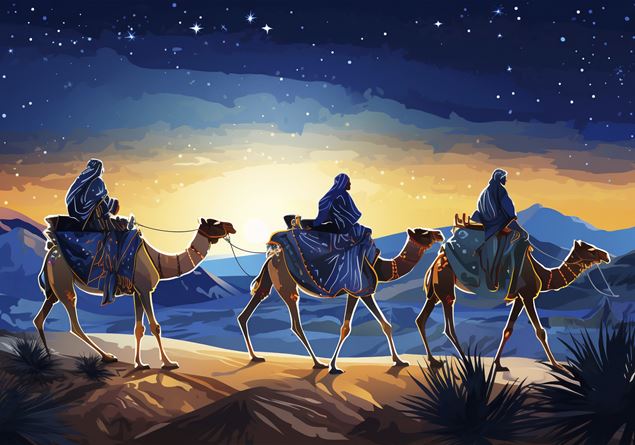What a mystery these powerful and wise orientals who undertake a long and treacherous journey to follow a star. The Gospel it is so concrete that it cannot be just a symbol, the image of different and distant peoples called to recognize the manifestation of God on earth. We interpret the sacred text, we elaborate metaphors within and beyond the parables, yet the recipients of the evangelists were not theologians. They were interested in the facts, told in an essential, bare-bones way, without frills. So they also revealed little to us about the Magi kingsbut it would be incorrect, among so many real events, to believe that the punctual, faithful Matthew he invented a legend.
There were not three, even if there were three gifts – these were symbolic – that they brought for the one they were looking for. They were not kings, but Magi and that’s it, that is essaysmen of study and science. They did not bow before a manger, because a Jewish family presented their child at the temple and we know from Luke that Mary and Joseph remained in Bethlehem for 40 days before going to Jerusalem. So where did the Magi go? In Bethlehem, finally in a house found by the young couple, or in Nazareth, where they would have lived? However, they were “gentiles”, that is, not Jews, they were foreigners and did not know the Scriptures, they were not magicians, because the term Magi refers to priests who are followers of Zoroasterin the Persian Empire.
But they knew the constellations hey passages of the planetstheir meeting in the heavens, and they moved to be present at an exceptional event, which necessarily had to represent a turning point, a sign. So they are men who move, in search. They are men who hope. They are humble men, open to the mystery, because it was very difficult to put together the conjunction of Jupiter and Saturn with a newborn, poor, in an insignificant country. For them, not for the king of Israel who knew the Bible well and like everyone else knew that Bethlehem was the city of kings, of David, of the Messiah of the prophecies.
But Herod stands still, in his arrogant pomp and useless cunning, because the power of God it upsets the plans of the most astute. THE’Deceiver always loses. I repeat, I do not believe that i Magi are imaginary figures. They started from afar because it was worth it. They wanted to see, to touch with their hands, their hope was based on a certainty, or they would not have brought with them riches to donate. A God incarnate it is worth every wonder, even if rationally inexplicable.
There reasonableness follows simpler paths: not only the shepherds, not only the “chosen”, but Jesus born for everyone. A God being born it upsets habits and interpretations, which always tend to reduce God to our measure.
In short, an angel appeared to these unknown Magi and guided them down another road so that they could return home, as witnesses. Do we believe the Gospel or not? If so, the Magi are the prime protectors of this Jubilee of hope. The first pilgrims, the first capable of seeing the signs, of kneeling, of using intelligence to open up to faith.








